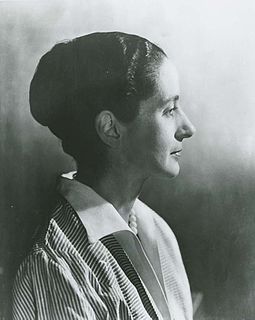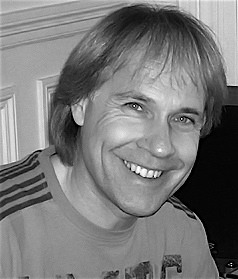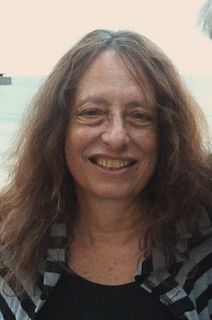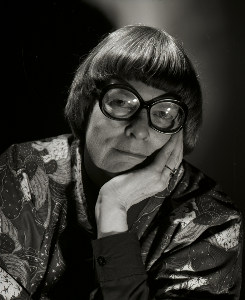A Quote by Gore Vidal
Certainly 'The Judgment of Paris' was the novel in which I found my own voice.
Related Quotes
The voice is certainly important and you can hear if it's beautiful or not, it's the gods who decide; it's more a question of what you do with the voice, which is the mysterious element. It's the personality behind the voice which makes the artist. The voice is a gift of God, but if you're not able to use this gift, what's left? Nothing but a beautiful voice, without nuance or color.
There's this pet phrase about writing that is bandied around particularly in workshops about "finding your own voice as a poet", which I suppose means that you come out from under the direct influence of other poets and have perhaps found a way to combine those influences so that it appears to be your own voice.
It is to law alone that men owe justice and liberty. It is this salutary organ, of the will of all which establishes in civil rights the natural equality between men. It is this celestial voice which dictates to each citizen the precepts of public reason, and teaches him to act according to the rules of his own judgment and not to behave inconsistently with himself. It is with this voice alone that political leaders should speak when. they command.
There's this pet phrase about writing that is bandied around particularly in workshops about "finding your own voice as a poet", which I suppose means that you come out from under the direct influence of other poets and have perhaps found a way to combine those influences so that it appears to be your own voice. But I think you could also put it a different way. You, quote, find your voice, unquote, when you are able to invent this one character who resembles you, obviously, and probably is more like you than anyone else on earth, but is not the equivalent to you.
I was born in 1953, in Paris. But soon after my birth my family (I have one sister) moved into a rent apartment in suburbs of Paris named Romainville. That time my parents were freshly married and it was extremely hard to find an apartment in Paris for a young married couple. To say they found a flat in a blocks of houses which was built after the second World War - and this is the place where I spent my childhood.
Ever since I was first read to, then started reading to myself, there has never been a line read that I didn't hear. As my eyes followed the sentence, a voice was saying it silently to me. It isn't my mother's voice, or the voice of any person I can identify, certainly not my own. It is human, but inward, and it is inwardly that I listen to it. It is to me the voice of the story or the poem itself.
I remember how surprised I was when my first novel was about to be published and I was informed that I could be sued for anything any one of my characters said. 'But I often don't agree with what they say,' I protested. The lawyer was not interested in the clear distinction I make between my own voice and the voices of my characters. Neither, I have found, are many of my readers.
No writer, I believe, should attempt a novel before he is thirty, and not then unless he has been hopelessly and helplessly involved in life. For the writer who goes out to find material for a novel, as a fishermen goes out to sea to fish, will certainly not write a good novel. Life has to be lived thoughtlessly, unconsciously, at full tilt and for no purpose except its own sake before it becomes, eventually, good material for a novel.





































